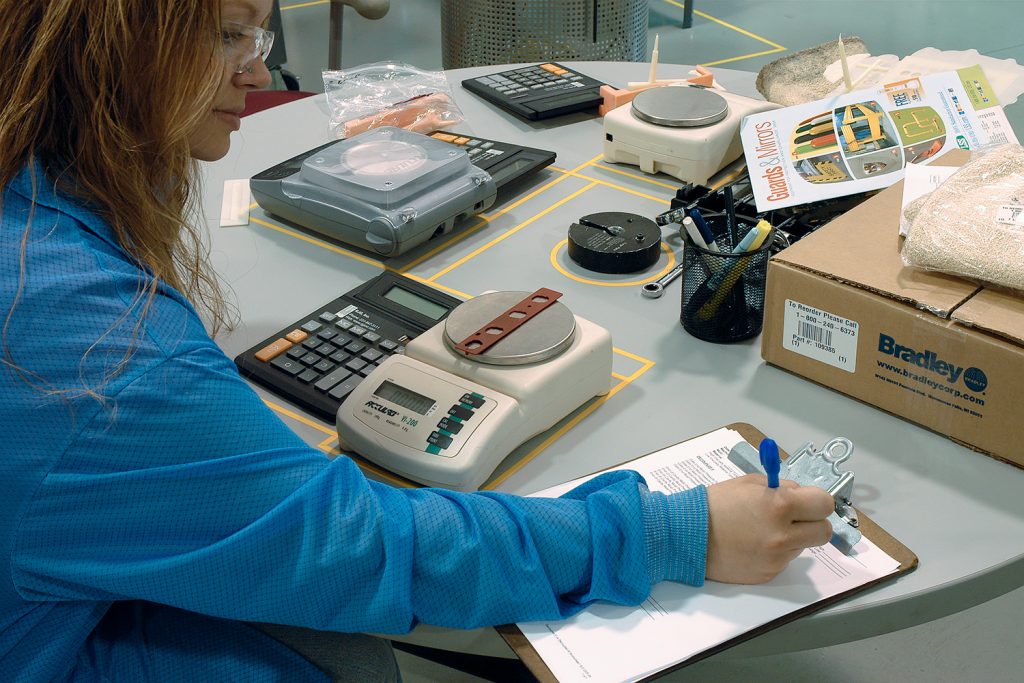In any manufacturing application, it is essential to maintain accurate, relevant documentation. In this post, we will take a look at two vastly different approaches for documenting an injection molding process — and we’ll cover how only data-driven, scientific process documentation is suitable for modern manufacturing applications.
Traditional Process Documentation
Traditional molders put all their focus on documenting the machine settings — or process inputs — when a new process is approved. Inputs are parameters which are entered into the machine controls such as: speeds, temperature settings, timers, and positions.
Process inputs only reflect what is being entered into the machine and not the actual process that results from these settings. While this data is great information for a die setter who’s installing a mold, it is useless for troubleshooting the process.
Scientific Process Documentation
For Scientific Molders, process outputs are of primary importance. Process outputs are machine-independent, process-specific parameters. These parameters represent what is actually taking place within the process: the parameters necessary to consistently make good product.
Once the process is approved, this data forms the Documented Standard Process — a process that is easy to troubleshoot and replicate. This documentation includes measured temperatures, actual times, plastic pressure, product weight, etc. — and any additional information that’s important to the product or process.
You should have a Documented Standard Process for each product line. Furthermore, the process should be documented at each first piece approval. Scientific Molders use the process outputs to verify the correct process is being used each and every time a product is run. This Scientific Documentation should be used to verify the process matches the standard — during each startup and when troubleshooting part defects.
Documentation and troubleshooting are covered extensively in Routsis Training’s Scientific Molding training library, which includes both online courses and our exclusive SkillSet™ hands-on training labs.

0 Comments Leave a comment